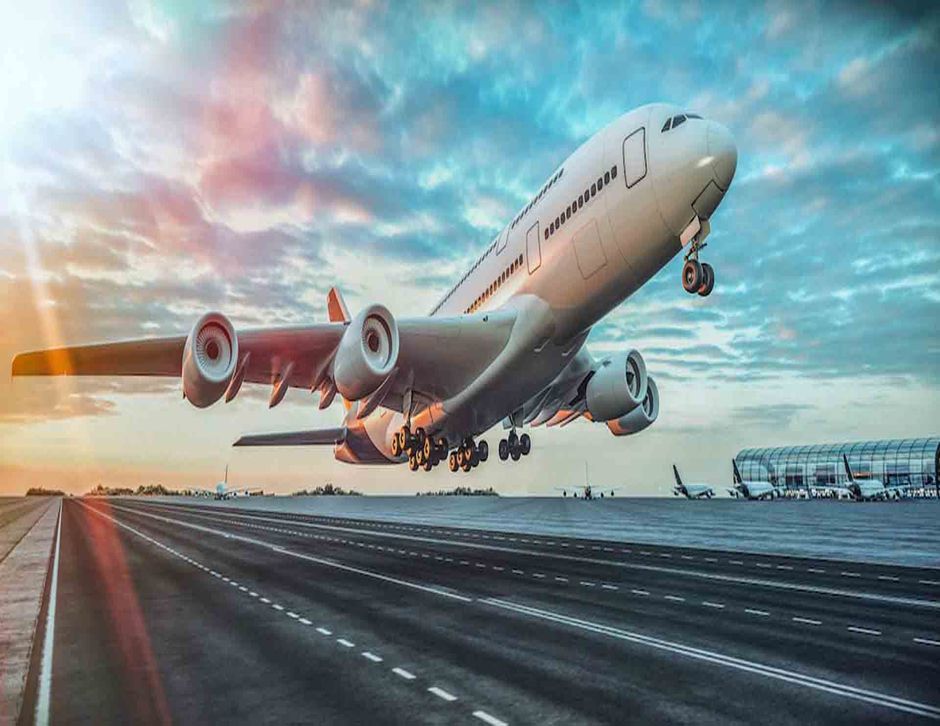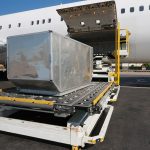Air travel has revolutionized the way we explore the world, connecting distant places and cultures like never before. However, behind the convenience and excitement lies a significant environmental impact that cannot be ignored. In this blog post, we will delve into the damaging effects of air travel, exploring its contribution to climate change, air pollution, and resource depletion. By understanding the true extent of these impacts, we can make informed decisions and work towards a more sustainable future.
- Climate Change:
Air travel is a major contributor to greenhouse gas emissions, particularly carbon dioxide (CO2). According to the International Civil Aviation Organization (ICAO), aviation accounts for approximately 2% of global CO2 emissions. While this may seem relatively small compared to other sectors, the high altitude at which aircraft release these emissions amplifies their warming effect. Additionally, aviation emissions include other greenhouse gases like nitrogen oxides (NOx), which contribute to the formation of ozone in the upper atmosphere, further exacerbating climate change. - Air Pollution:
Apart from greenhouse gases, air travel also releases pollutants that directly impact air quality. Aircraft engines emit particulate matter, sulfur dioxide (SO2), and nitrogen oxides (NOx), which contribute to the formation of smog and respiratory problems. These pollutants can have detrimental effects on both human health and ecosystems, especially in areas surrounding airports and flight paths. - Resource Depletion:
Air travel relies heavily on non-renewable resources, such as fossil fuels. The extraction and consumption of these resources contribute to environmental degradation and geopolitical tensions. Additionally, the construction and maintenance of airports and infrastructure require vast amounts of land and resources, often leading to deforestation, habitat loss, and disruption of ecosystems. - Mitigation Efforts:
Recognizing the environmental impact of air travel, various stakeholders are taking steps to mitigate its effects. Airlines are investing in more fuel-efficient aircraft, exploring alternative fuels, and implementing operational measures to reduce emissions. Governments are introducing regulations and incentives to promote sustainable aviation practices. Furthermore, individuals can contribute by choosing more sustainable travel options, such as train or bus, and by offsetting their carbon footprint through verified carbon offset programs.
Conclusion:
While air travel has undoubtedly transformed our world, it is crucial to acknowledge and address its damaging effects on the environment. By understanding the contribution of air travel to climate change, air pollution, and resource depletion, we can collectively work towards more sustainable solutions. From technological advancements to individual choices, every effort counts in minimizing the environmental impact of air travel and preserving our planet for future generations.



Average Rating